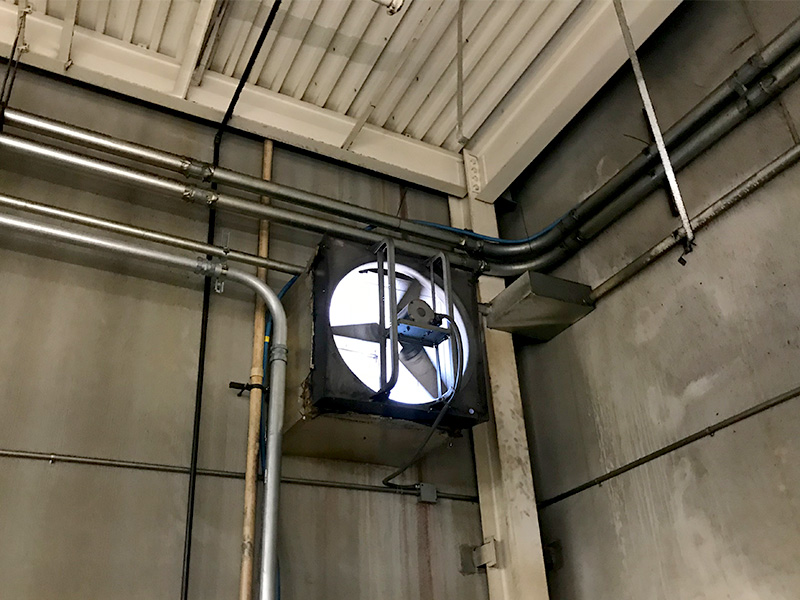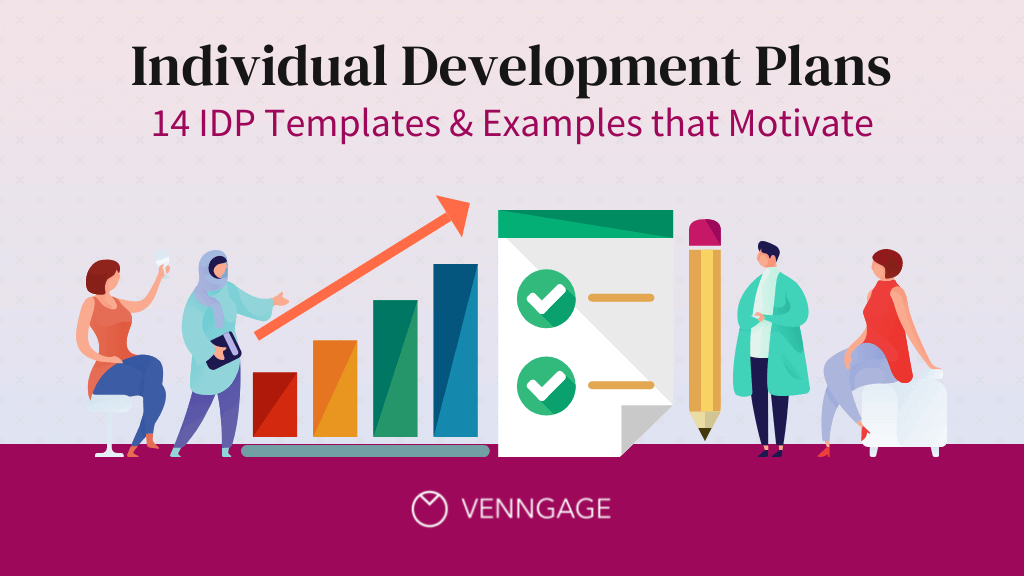Searching for your dream home can be an exciting yet daunting process. When touring a house, it is crucial to have a keen eye for detail to ensure you find a property that meets your needs and expectations. Knowing what to look for when touring a house can save you from future headaches and regrets. From the structural integrity to the overall layout, each aspect plays a significant role in making an informed decision. In this blog, we will explore the essential factors to consider during house tours, empowering you to make an informed choice when selecting your future home.
Understanding Your Needs and Priorities
When embarking on a house hunting journey, it’s crucial to understand your needs and priorities to ensure you find a home that aligns with your lifestyle and preferences. Consider factors such as location, budget, size, and amenities to narrow down your choices effectively.
Location
Determine the ideal neighborhood based on proximity to work, schools, amenities, and public transportation. Consider factors like safety and future development plans in the area to make an informed decision.
Budget
Establish a realistic budget that considers not just the purchase price but also ongoing expenses like maintenance, utilities, and property taxes. Factor in potential future costs to avoid stretching your finances too thin.
Size and Layout
Assess your space requirements based on your current needs and potential growth. Consider the number of bedrooms and bathrooms, as well as the layout that suits your lifestyle, whether it’s open-concept living or traditional room divisions.
Amenities
Identify essential amenities that you prioritize, such as a backyard, garage, or updated kitchen. Make a list of must-have features versus nice-to-have extras to help prioritize your choices during house tours.
:max_bytes(150000):strip_icc()/most-important-factors-investing-real-estate.asp-ADD-FINALjpg-32950329a30d4500b6d7e0fd0ba95189.jpg)
Setting Your Budget and Financial Considerations
When house hunting, it is crucial to establish a clear budget and consider various financial aspects to ensure a successful home purchase. You must determine how much you can afford to spend on a new property based on your income, savings, and financial goals. It’s essential to be realistic about your budget to avoid any financial strain in the future.
Evaluating Your Finances
Begin by assessing your current financial situation, including your income, expenses, savings, and outstanding debts. Be sure to factor in other costs associated with home buying, such as closing costs, property taxes, and maintenance expenses.
Getting Pre-Approved for a Mortgage
Obtaining a pre-approval from a lender will give you a clear understanding of how much you can borrow for a mortgage. This will help you narrow down your home search to properties within your budget range and make you a more competitive buyer in the market.
Consideration of Additional Costs
Aside from the purchase price, remember to budget for expenses like homeowner’s insurance, utilities, and potential renovations or repairs. Factoring in these additional costs will give you a comprehensive view of the financial commitments associated with owning a home.
Location, Neighborhood, and Amenities
When looking for a new home, the location, neighborhood, and amenities play a crucial role in your decision-making process. A desirable location can impact your daily commute, access to essential services, and even your property’s value over time. It’s important to consider these factors thoroughly.
Proximity to Key Locations
Ensure the house is conveniently located near schools, shopping centers, healthcare facilities, and workplaces. This can ensure that your daily activities are within easy reach, saving you time and effort.
Neighborhood Features
Assess the safety of the neighborhood by checking crime rates and talking to current residents. Consider the availability of parks, recreational facilities, and community spaces for social interactions. This can contribute to a more fulfilling lifestyle.
- Safe streets and well-maintained sidewalks
- Close-knit community atmosphere
- Access to recreational areas and green spaces
Structural and Architectural Features
When touring a house, it’s crucial to pay attention to its structural and architectural features. These aspects not only impact the property’s aesthetics but also its overall value and potential maintenance costs.
Foundation and Roof
Inspect the foundation for any cracks or signs of water damage, as these could indicate structural issues. Additionally, check the roof for missing shingles or signs of wear and tear to assess its condition.
Windows and Doors
Pay attention to the windows and doors to ensure they are energy-efficient and in good condition. Properly sealed windows and doors can help with insulation and reduce energy costs.
Kitchen and Bathrooms
Take note of the kitchen and bathrooms layout and features. Upgraded kitchens with modern appliances and renovated bathrooms can add significant value to a property.
Assessing the Condition of the Property
When touring a house, it is crucial to assess the condition of the property to make an informed decision. Look for any signs of wear and tear that may indicate the need for costly repairs in the future.
Structural Integrity
Inspect the foundation, walls, and roof for any cracks or leaks. These issues can indicate potential structural problems that may require professional intervention.
Pay close attention to the foundation for any signs of structural stability issues.
Appliances and Fixtures
Check the condition and functionality of appliances such as the refrigerator, stove, and dishwasher. Make sure that all fixtures like faucets and light switches are in working order.
- Test each appliance to ensure they are fully operational.
- Inspect the fixtures for any signs of wear and tear.

Potential for Future Expansion or Renovations
When considering a potential new home, it’s essential to think about the possibilities for future expansion or renovations. What to look for when touring a house to assess its potential for alterations can help you make an informed decision.
Potential Expansion Areas
Identifying areas where you could expand the house, such as unused attic space or a large backyard, is crucial. Keep in mind the functionality and feasibility of such expansions.
Structural Integrity
Before planning any renovations, ensuring the structural integrity of the house is vital. Get a professional inspection to evaluate the condition of the foundation, walls, and roof. Addressing any structural issues early on can save you time and money in the long run.

Evaluating Energy Efficiency and Sustainability
When touring a house, it’s crucial to consider its energy efficiency and sustainability features for long-term cost savings and environmental impact. Look for modern energy-efficient appliances, well-insulated windows, and doors, as well as eco-friendly materials used in construction.
Energy-Efficient Appliances
Check if the house is equipped with Energy Star-rated appliances to ensure lower energy consumption. Upgrading to efficient appliances<\strong> can significantly reduce utility bills.
Solar Panels and Green Energy Solutions
Consider homes with solar panels or accessible green energy solutions like wind turbines or geothermal heating for sustainable living. These options can lower your dependence on traditional energy sources.
Sustainable Materials
Look for houses built with sustainable materials such as bamboo flooring, recycled glass countertops, or reclaimed wood for a smaller environmental footprint.
Overall Feel and Comfort of the House
When touring a house, one of the key aspects to pay attention to is the overall feel and comfort it provides. The ambiance and atmosphere of a home play a significant role in how comfortable you will be living there. A welcoming and cozy feel can make all the difference in creating a space where you can truly relax and unwind.
Lighting and Airflow
Proper lighting and airflow are essential for creating a comfortable living environment. Bright and well-lit rooms can make spaces feel more inviting and spacious. Additionally, good airflow helps maintain a fresh and pleasant atmosphere throughout the house.
Quality of Furnishings
The quality of furnishings in a house can greatly contribute to its comfort level. Well-maintained furniture and decor enhance the overall feel of the space. Additionally, ergonomic and cozy furniture can make a significant difference in how comfortable you feel in your home.
Noise Levels
Consider the noise levels within the house and its surroundings. A peaceful and quiet environment can significantly impact your comfort and well-being. Ensure that the house is insulated well to minimize external noise disturbances.
Frequently Asked Questions
- What should I look for when touring a house?
- When touring a house, be sure to pay attention to the overall condition of the property, check for any signs of water damage or mold, inspect the electrical and plumbing systems, and assess the layout and flow of the house.
- How important is the location when house hunting?
- Location is a crucial factor when house hunting as it can impact your daily life, commute time, access to amenities, school districts, and property value appreciation.
- What are some red flags to watch out for during a house tour?
- Some red flags to watch out for during a house tour include structural issues, strong odors, evidence of neglect or poor maintenance, and any signs of pests or infestation.
- Should I bring a checklist when touring a house?
- It can be helpful to bring a checklist when touring a house to ensure you cover all the important aspects of the property and don’t overlook any key features or potential issues.
- Is it recommended to take notes or photos during a house tour?
- Taking notes and photos during a house tour can be beneficial as it allows you to remember specific details about each property and compare different houses before making a decision.
Final Thoughts: Key Points on What to Look for When Touring a House
When embarking on the journey of house hunting, it’s crucial to keep certain essentials in mind. As you tour potential homes, pay keen attention to the condition of the roof, plumbing, and electrical systems. Look out for signs of water damage or structural issues, which could indicate costly repairs down the line. Additionally, consider the neighborhood, amenities, and proximity to essential services.
Remember to envision yourself living in the space and assess whether it aligns with your lifestyle and needs. By focusing on these key aspects during your house tours, you’ll be better equipped to make an informed decision and find a place you can truly call home.


